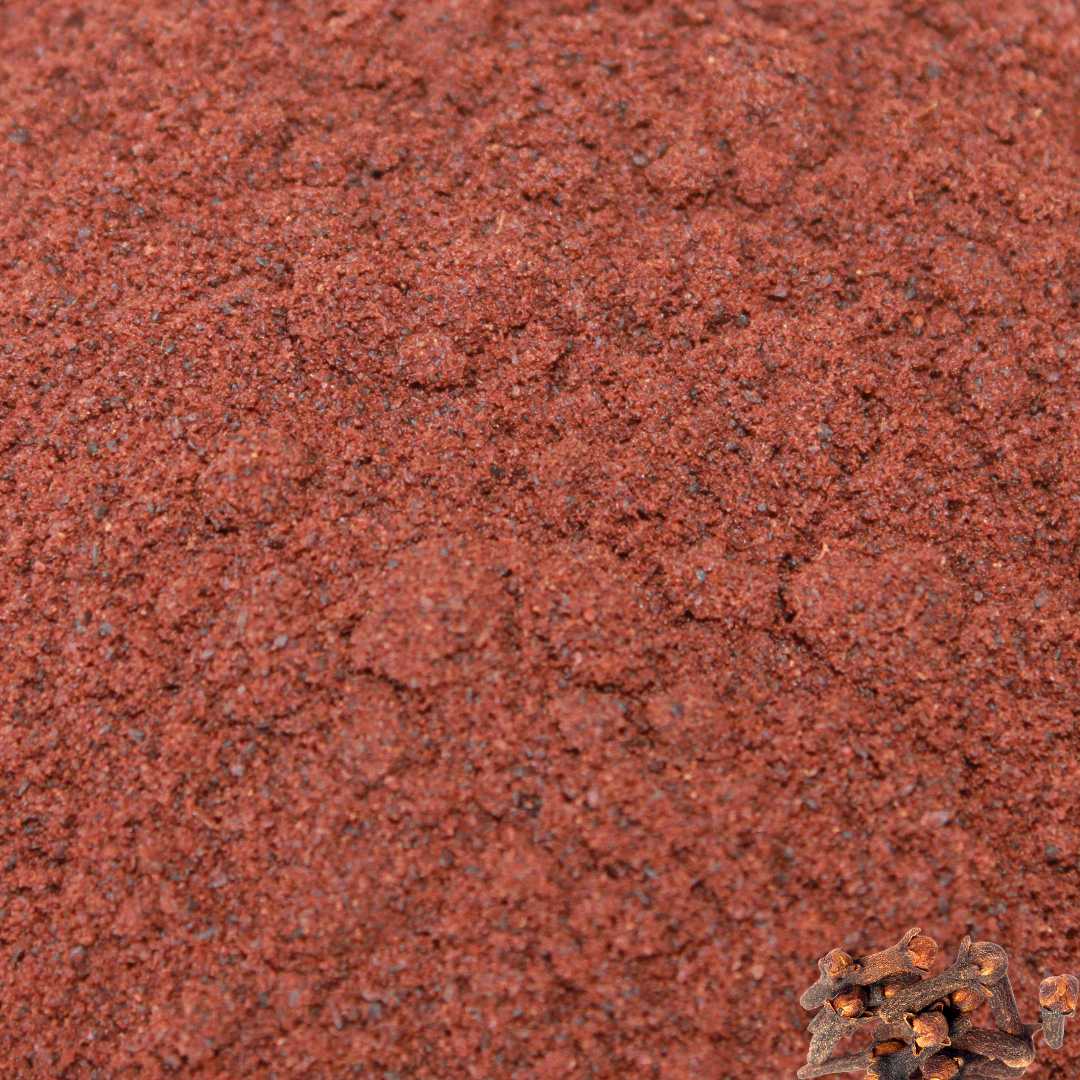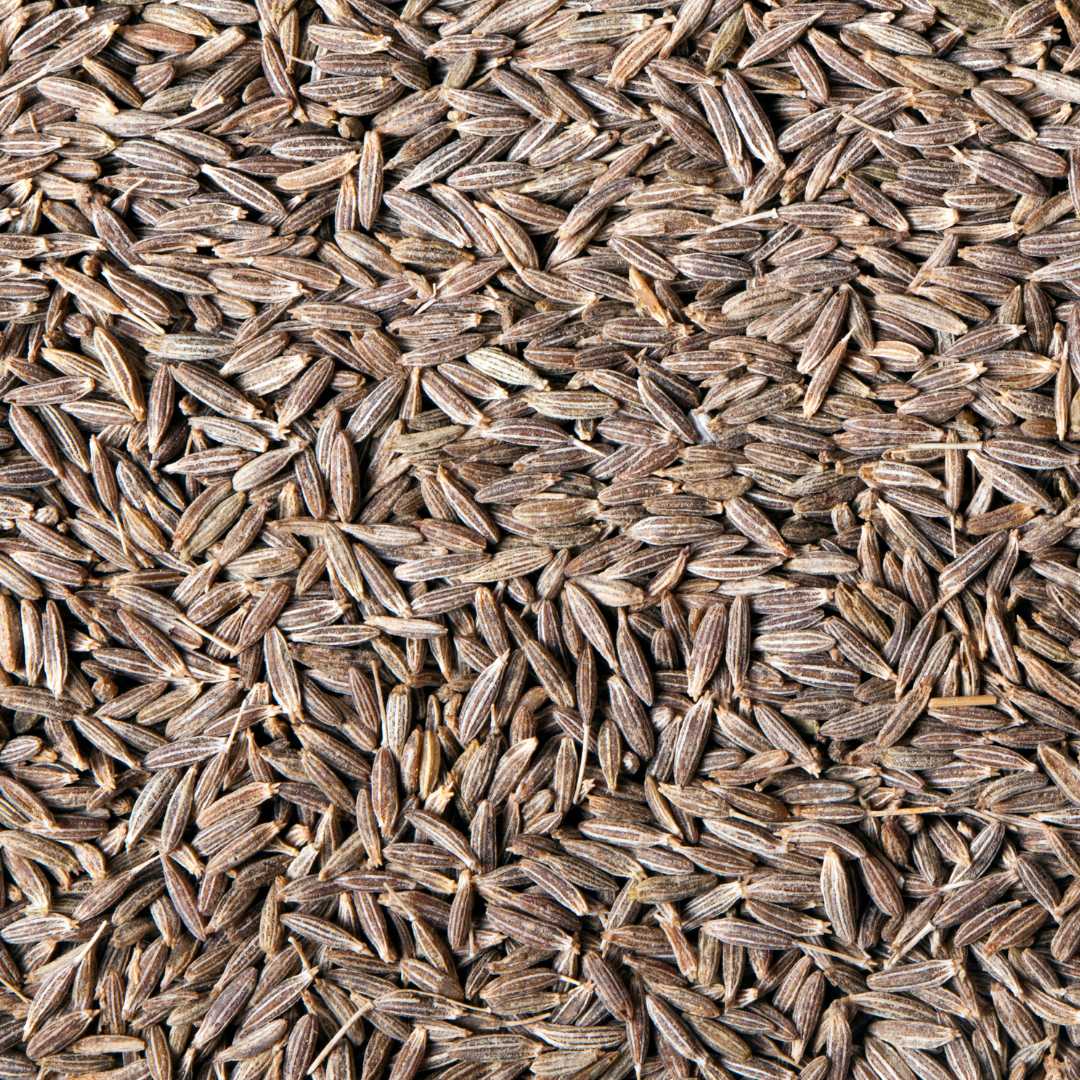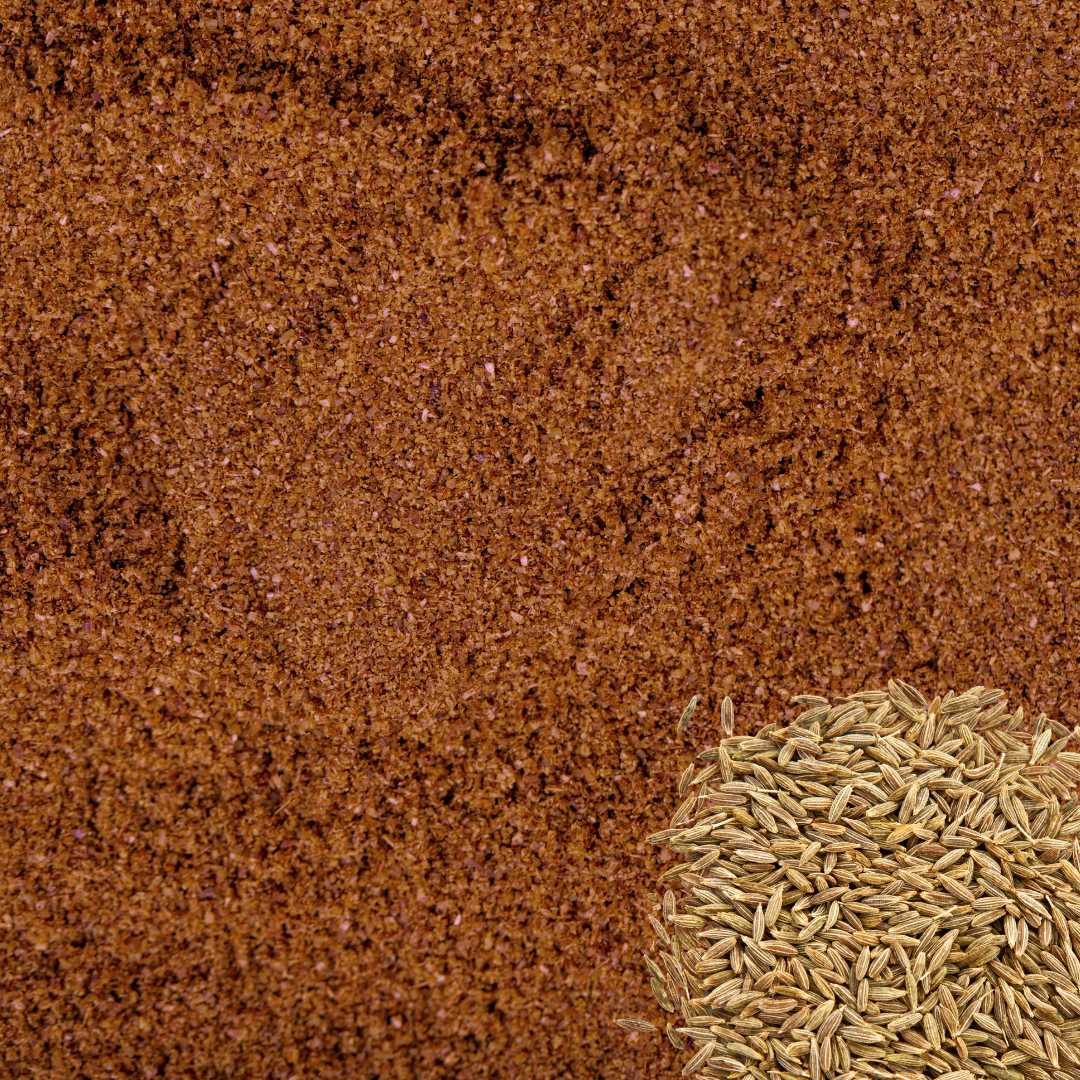Description
Use:
- Culinary: Sesame seeds are used whole, toasted, or ground. They are sprinkled on bread, buns, and pastries, added to salads, stir-fries, sushi, and used as a topping for various dishes. Sesame oil is also extracted from the seeds for cooking and flavoring.
- Condiments: Ground into tahini (sesame paste) for use in hummus, sauces, and dressings. Sesame seeds are also used to make gomasio (a Japanese seasoning).
- Medicinal: In traditional medicine, sesame seeds are believed to have antioxidant properties and may support heart health and bone health.
Origin:
- Sesame is native to Africa and India and has been cultivated for over 5,000 years. It is now grown in tropical and subtropical regions worldwide for its seeds, oil, and as a rotational crop.
Health Benefits of Sesame Seeds:
- Nutrient-Rich: Sesame seeds are a good source of protein, healthy fats, fiber, and various vitamins and minerals including calcium, iron, magnesium, and zinc.
- Heart Health: They contain compounds like sesamin and sesamolin, which may help lower cholesterol levels and support cardiovascular health.
- Antioxidant: Sesame seeds are rich in antioxidants that help protect cells from damage caused by free radicals.
- Bone Health: They are a good source of calcium and may help support bone health, especially in postmenopausal women.
- Skin and Hair: Sesame oil is used in skincare and hair care products for its moisturizing and antioxidant properties.
Indian Name of Sesame Seeds:
- Hindi: तिल के बीज (Til ke Beej)
- Tamil: எள் விதைகள் (Ellu Vidhaigal)
- Telugu: నువ్వులు (Nuvvulu)
- Kannada: ಎಳ್ಳು (Ellu)
- Malayalam: എള്ള് (Ellu)
- Bengali: তিল (Til)
- Gujarati: તલ (Tal)
- Marathi: तिळाचे बीज (Tilache Beej)
- Odia: ତିଲ (Tila)
Foreign Name of Sesame Seeds:
- French: graines de sésame
- German: Sesamsamen
- Italian: semi di sesamo
- Spanish: semillas de sésamo
- Portuguese: sementes de gergelim
- Dutch: sesamzaad
- Russian: кунжутные семечки (kunzhutnye semechki)
- Arabic: بذور السمسم (bizur al-simsim)
- Turkish: susam tohumları








